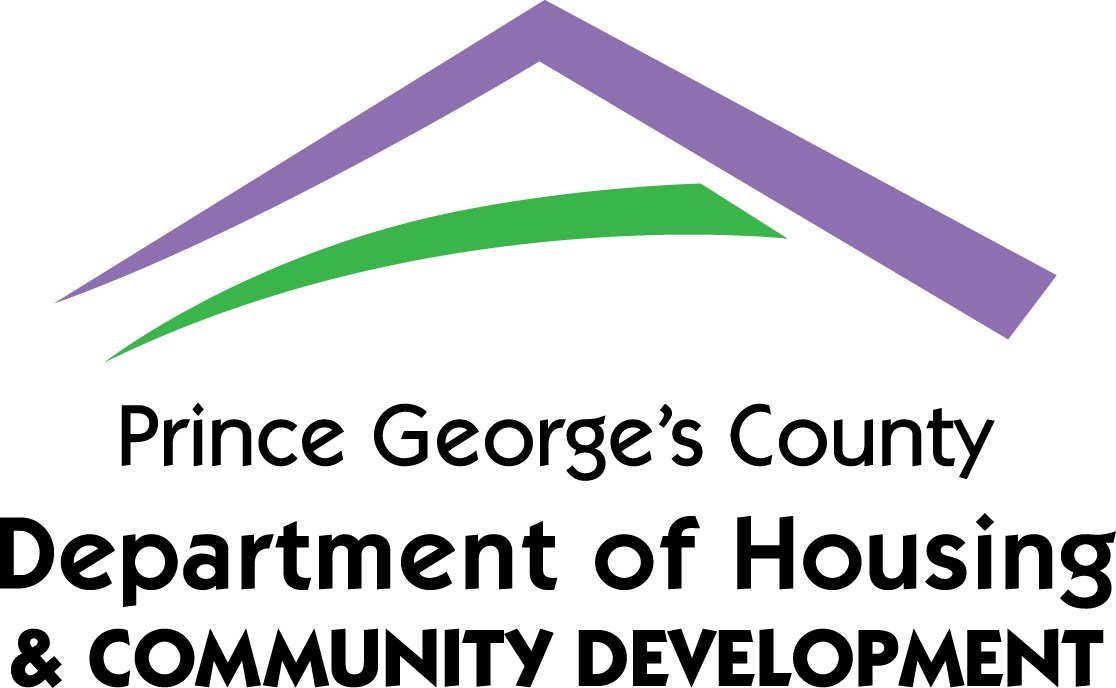Five Minutes With Ayesha Hudson
 The HAND network is hard at work to address the growing housing affordability challenge across the Capital Region. Five Minutes With is a series highlighting these members and other stakeholders. This informal conversation delves into their recent projects, the affordable housing industry, and more. In this edition, we had a conversation with Ayesha Hudson, the first loan recipient under Equity in Action (EIA), HAND & Greystone’s debt and equity platform. Check out our dialogue below to learn about her 20+ year career, why she sought to get her project financed by the EIA, and what she believes is a “secret sauce” to creating more equitable communities in our region!
The HAND network is hard at work to address the growing housing affordability challenge across the Capital Region. Five Minutes With is a series highlighting these members and other stakeholders. This informal conversation delves into their recent projects, the affordable housing industry, and more. In this edition, we had a conversation with Ayesha Hudson, the first loan recipient under Equity in Action (EIA), HAND & Greystone’s debt and equity platform. Check out our dialogue below to learn about her 20+ year career, why she sought to get her project financed by the EIA, and what she believes is a “secret sauce” to creating more equitable communities in our region!
HAND: Congratulations on being the first loan recipient under HAND & Greystone’s Equity in Action program! We’ll get into that shortly, but first, can you tell us about your career journey up until this point?
AH: My career journey has been fulfilling! I am grateful to have achieved a 20+ year career in public service while simultaneously acquiring and managing investment properties. Both pursuits allowed me to impact others’ lives in very positively significant ways. When I consider my trajectory, it makes perfect sense that my path has led me to real estate development. I am motivated, through servant leadership, to create and preserve livable spaces in communities that are often overlooked. My varied career has given me a hands-on, inside look at my communities’ pain points while my empathy was groomed for action. I am looking forward to contributing more by way of quality, livable housing, and resident programming.
HAND: Now, let’s talk about Equity in Action (EIA), a debt and equity platform designed to increase opportunities for black and brown real estate developers. Can you tell us why you sought to get your project financed by the EIA program?
AH: After engaging HAND’s membership and programming, I believed the EIA program was sincere. Then when I met the lending team, I was convinced. I began to see my loan application as a vehicle for positive change that would culminate with building improvements for my residents, growth of my business, and encouragement for other black and brown developers as they seek fair financing options.
HAND: Tell us more about the project. What communities do you plan to serve, and what differentiates it from others in our region?
AH: This project is serving the beautiful Deanwood community, which has historically been underserved. I grew up within 3 miles of the building and would later respond to medical emergencies as a paramedic in this very neighborhood. While it can be a challenge to preserve housing in the lower socioeconomic areas of the District, our project fuses the business activity of real estate with a social responsibility to others. As an activated real estate development company, we are planning to add renewable resources and a more pleasing aesthetic to our block. We are surrounded by neighborhood amenities, including public transportation and recreation making it a hidden jewel. We are looking forward to receiving some shine!
HAND: How does it feel to be the first loan recipient under the Equity in Action program?
AH: I feel enthused, empowered, and better prepared to do this work! My celebration, however, is tempered by the realization of the long-standing need for these kinds of lending initiatives. Once others follow, more black and brown developers can bring their full energy to the table so we may create better communities for our own communities.
HAND: Many of us are familiar with the history of racism and its impacts on housing. Can you speak on how you approach your work in this space? How can developers of color in the real estate industry move the needle in a different direction?
AH: I approach my work in this space with a mix of empathy and realism. As I hone my development skills, I am guided by my spirituality and connectedness to the black community. Since my first investment in 1999, I have had an affinity for properties that, on first look, appear blighted. Knowing that our community yields so many hidden jewels, I am conscious of supporting it with the best intentions; financial reward has followed. Moving any needle requires coordination and attentiveness. As more developers of color align our skills, resources, and grit with one another, we will move the needle one project at a time. Relationship building and mentorship are integral to its success.
HAND: Do you believe there is a “secret sauce” to addressing housing affordability and creating more equitable communities in our region? If so, what do you think that is? What do you think is the largest obstacle? –
AH: I believe the lack of housing affordability will need to be systematically dismantled through housing legislation. The laws that govern financing, tax implications, and subsidies present layers of restriction already germane in undervalued communities. To me, the largest obstacle is fear of change. The perceived social norms of poor people are woven into real estate development. As political decision-makers revamp laws to create more inclusivity, the housing landscape will inevitably change.
HAND: What is your “why”? What keeps you motivated to continue your work in this space?
AH: I feel compelled to share my resources and influence in black and brown communities. I enjoy working with people and being a part of a solution. Being a housing provider allows me to take part in both callings. My grandfathers were involved in various real estate endeavors to include owning and operating a well-shopped convenience store in West Philly to running a farm in Waldorf, Maryland. They imparted the importance of building a legacy, having self-reliance, and always sharing. This opportunity to change my life and those around me is what keeps me motivated.
HAND: If you weren’t working in this industry, what might you be doing?
AH: In my dreamt-up career, I’d be a part-time civil rights trial attorney who travels the world interviewing and writing about interesting people.


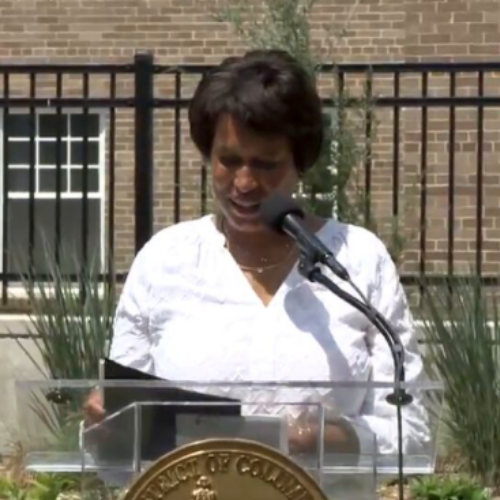
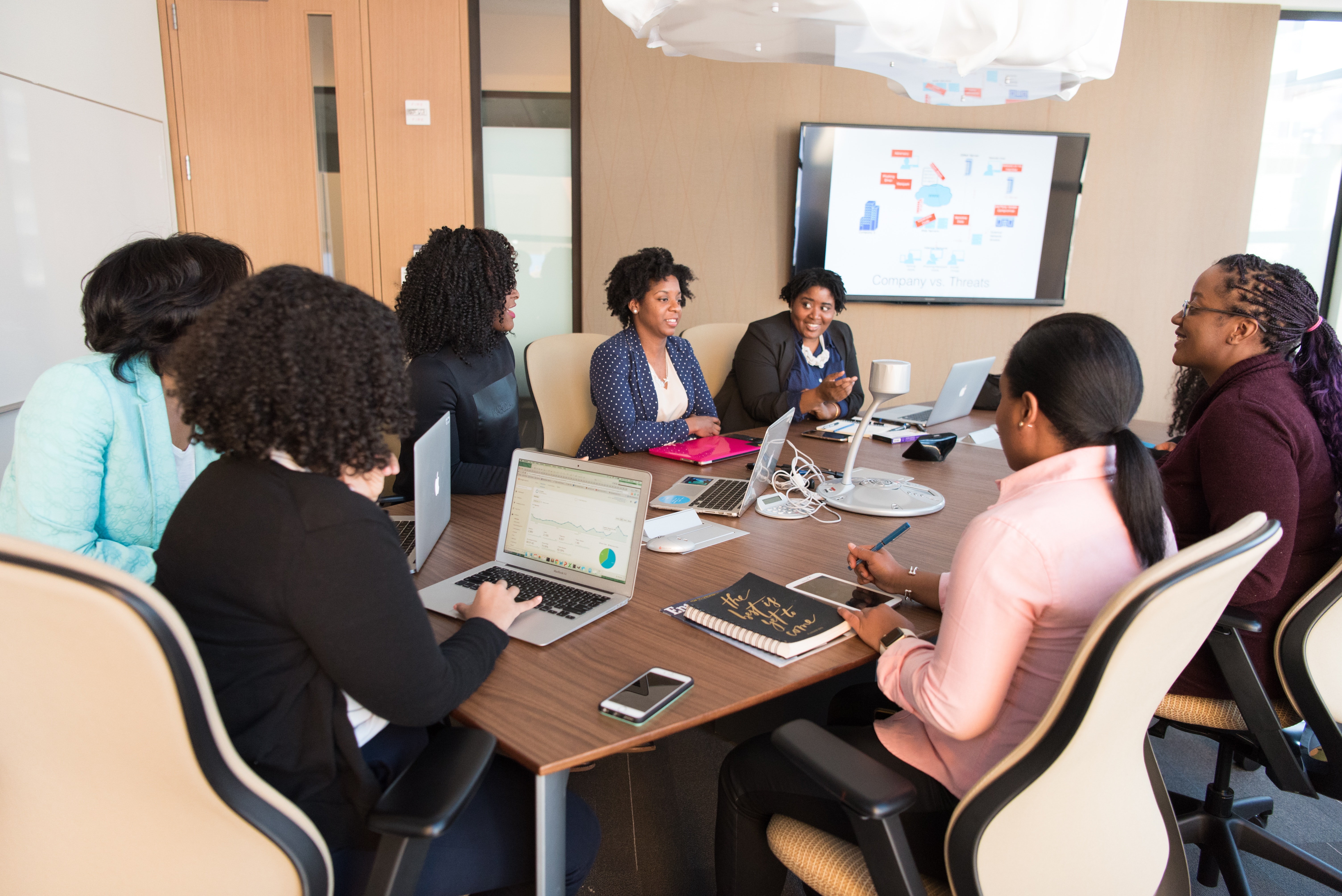
 The HAND network is hard at work to address the growing housing affordability challenge across the Capital Region. Five Minutes With is a series highlighting these members and other stakeholders. This informal conversation delves into their recent projects, the affordable housing industry, and more. In this edition, we had a conversation with Maia Shanklin Roberts
The HAND network is hard at work to address the growing housing affordability challenge across the Capital Region. Five Minutes With is a series highlighting these members and other stakeholders. This informal conversation delves into their recent projects, the affordable housing industry, and more. In this edition, we had a conversation with Maia Shanklin Roberts 

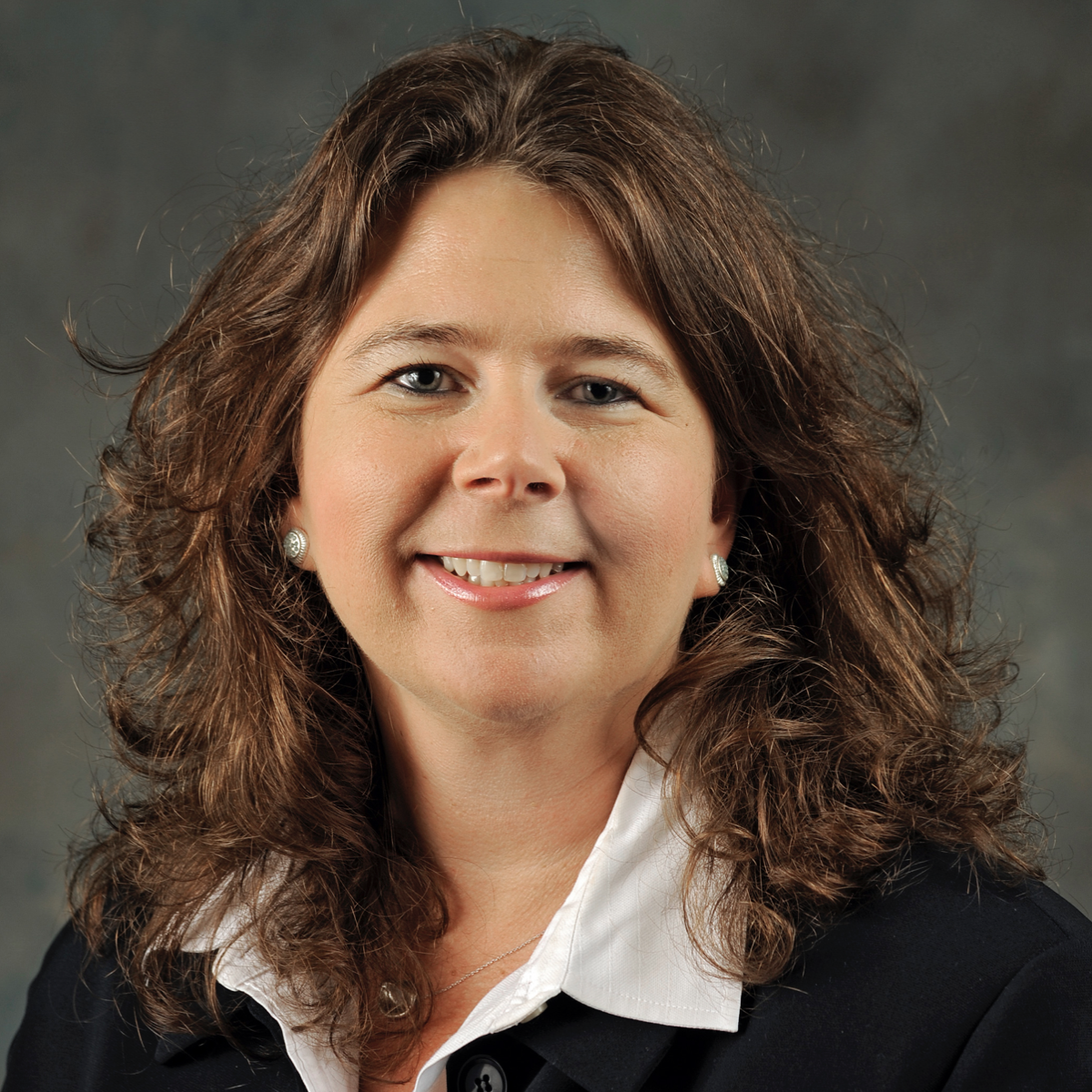 The HAND network is hard at work to address the growing housing affordability challenge across the Capital Region. Five Minutes With is a series highlighting these members and other stakeholders. This informal conversation delves into their recent projects, the affordable housing industry, and more. In honor of Women’s History Month, we are excited to share this special edition of Five Minutes With. In this edition, we had a conversation with Christy Zeitz
The HAND network is hard at work to address the growing housing affordability challenge across the Capital Region. Five Minutes With is a series highlighting these members and other stakeholders. This informal conversation delves into their recent projects, the affordable housing industry, and more. In honor of Women’s History Month, we are excited to share this special edition of Five Minutes With. In this edition, we had a conversation with Christy Zeitz 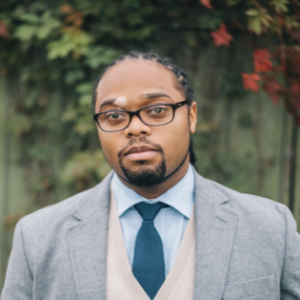 The HAND network is hard at work to address the growing housing affordability challenge across the Capital Region. Five Minutes With is a series highlighting these members and other stakeholders. This informal conversation delves into their recent projects, the affordable housing industry, and more. In this edition, we had a conversation with
The HAND network is hard at work to address the growing housing affordability challenge across the Capital Region. Five Minutes With is a series highlighting these members and other stakeholders. This informal conversation delves into their recent projects, the affordable housing industry, and more. In this edition, we had a conversation with 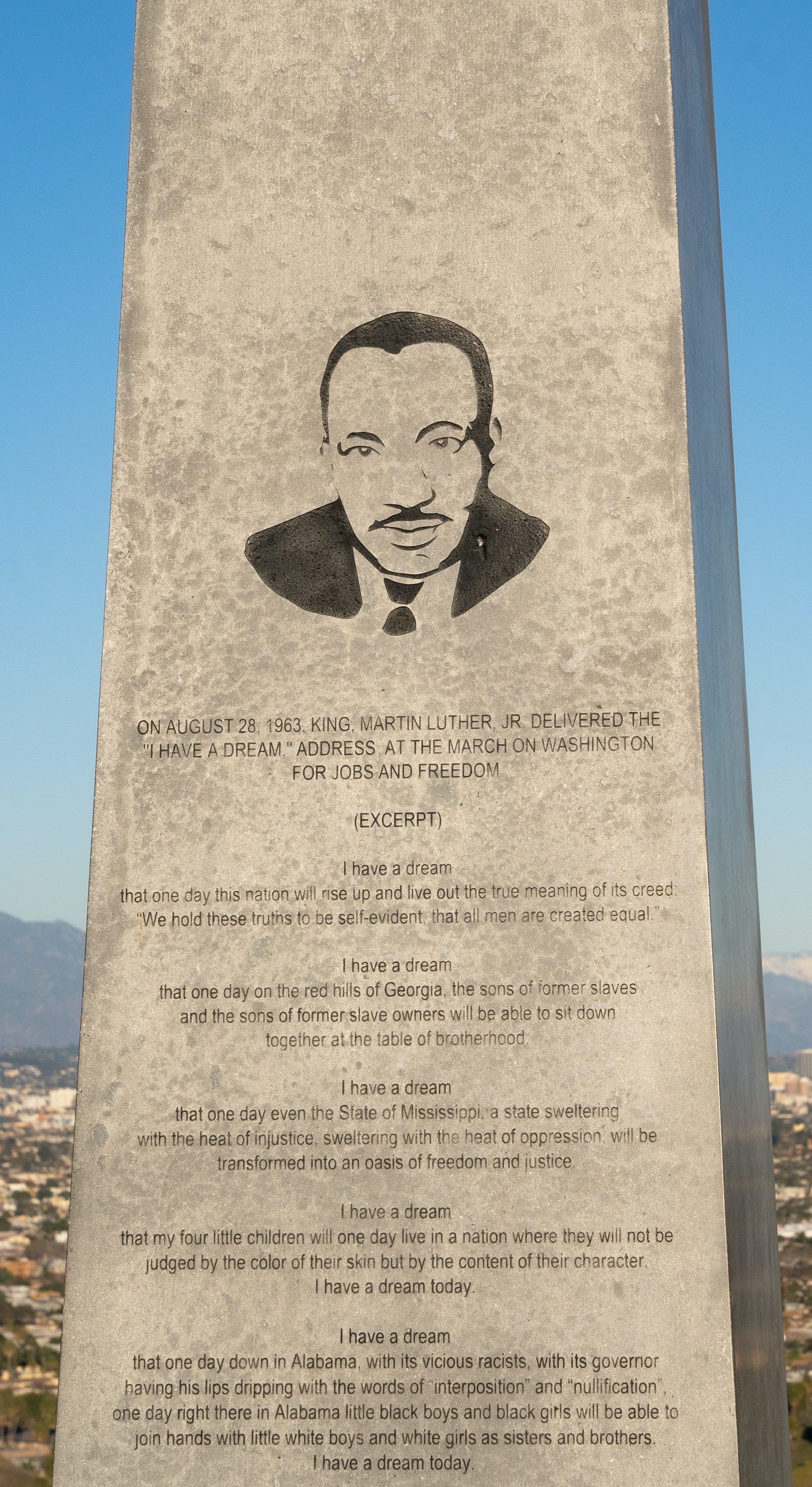 On Monday, January 17, 2022 we commemorated the birthday, life, and work of one of the most prominent African-American civil rights activists, Dr. Martin Luther King, Jr. Many remember King as a Civil Rights Movement leader, but fewer are familiar with the role he played in the fair housing movement. During King’s time, black Americans were systematically excluded from living in certain areas. This process of redlining relegated black people to low-income areas with poor quality housing. In his role as a Civil Rights leader, King recognized that housing was a core component of racial injustice in the United States and decided to take action!
On Monday, January 17, 2022 we commemorated the birthday, life, and work of one of the most prominent African-American civil rights activists, Dr. Martin Luther King, Jr. Many remember King as a Civil Rights Movement leader, but fewer are familiar with the role he played in the fair housing movement. During King’s time, black Americans were systematically excluded from living in certain areas. This process of redlining relegated black people to low-income areas with poor quality housing. In his role as a Civil Rights leader, King recognized that housing was a core component of racial injustice in the United States and decided to take action!